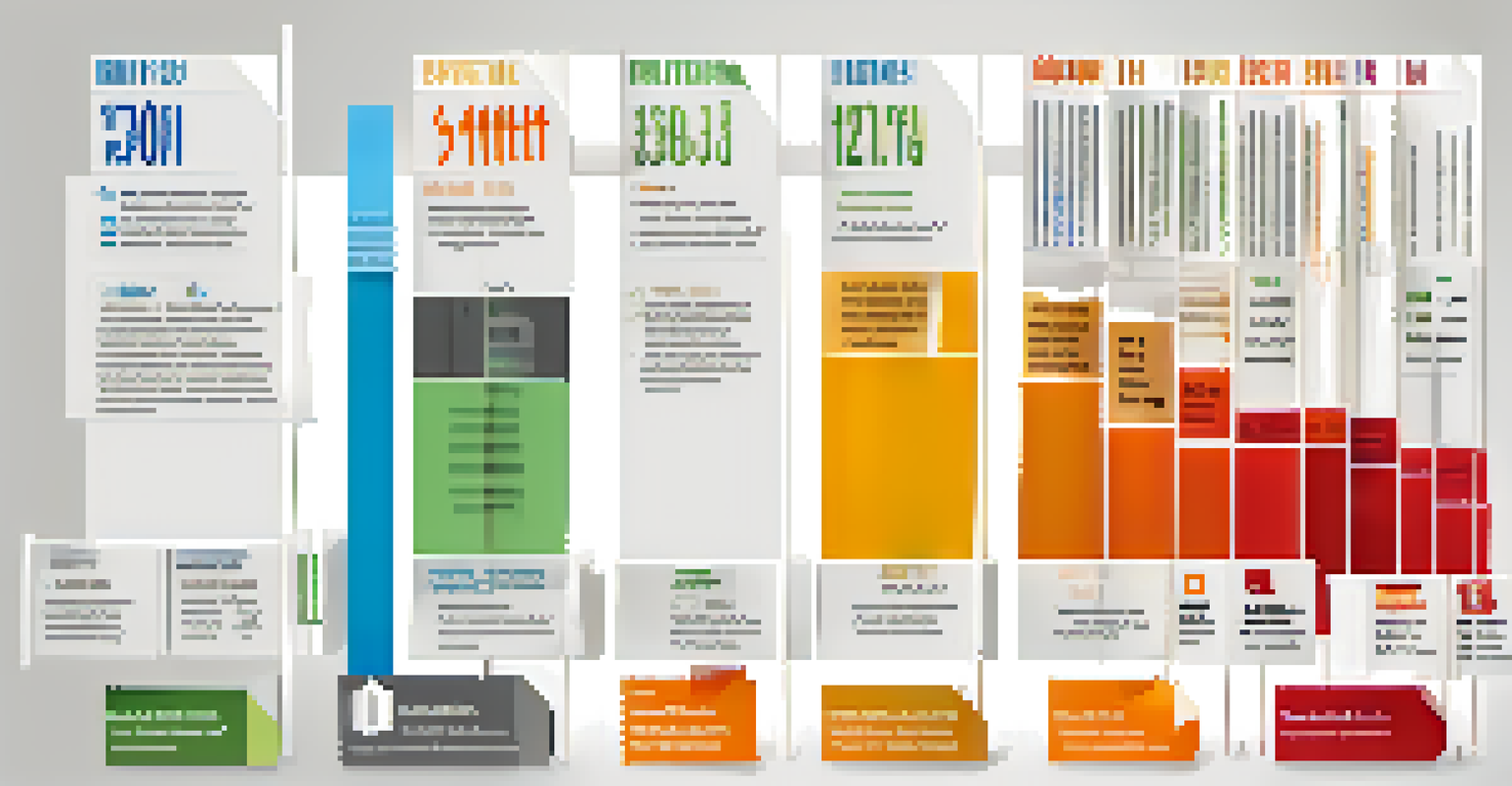The Role of Document Retention in Tax Audits

What is Document Retention and Why Is It Important?
Document retention refers to the policies and practices organizations use to manage their records over time. It ensures that important documents are kept for a required period, protecting both the business and its stakeholders. For tax purposes, maintaining proper documentation can be the difference between a smooth audit process and a chaotic scramble for information.
In this world, nothing can be said to be certain, except death and taxes.
When it comes to tax audits, having a solid document retention strategy can save your business time and money. It involves knowing what documents to keep, how long to keep them, and how to dispose of them safely. This not only helps in compliance with tax laws but also minimizes the risk of penalties or fines during an audit.
In essence, effective document retention acts like a safety net, giving you peace of mind. When the IRS or other tax authorities come knocking, you’ll be prepared, equipped with the necessary paperwork. This preparation can significantly ease the stress associated with audits, allowing you to focus on running your business.
Key Documents to Retain for Tax Audits
Certain documents are crucial when it comes to tax audits. These include tax returns, receipts, invoices, bank statements, and any other records that support your income and deductions. It's essential to understand which documents are necessary and to keep them organized for easy access.

For example, if you claim business expenses, having clear receipts and invoices will help justify those claims during an audit. Similarly, retaining your tax returns for at least three years is advisable since the IRS can audit returns from that timeframe. This ensures you have evidence to back up your financial claims.
Importance of Document Retention
Effective document retention protects businesses by ensuring compliance during tax audits and minimizing the risk of penalties.
Moreover, maintaining these documents doesn't just prepare you for audits; it also helps in internal assessments. By keeping thorough records, you can track your financial health and make informed decisions about your business operations. So, investing time in organizing these documents pays off in more ways than one.
The Risks of Poor Document Retention Practices
Neglecting document retention can lead to significant risks, especially during audits. Without proper records, you may struggle to prove your claims, leading to potential fines or penalties from tax authorities. This not only affects your financial standing but also your business reputation.
Good records management enables organizations to reduce risk, improve compliance, and enhance decision-making.
Imagine being unprepared for an audit and facing questions about your deductions or income. The stress can be overwhelming, and the consequences can be severe. In some cases, your business could even face a prolonged audit process, which can drain resources and time.
Additionally, poor document retention practices can result in lost information. If you don't have an organized system in place, vital documents can go missing, making it difficult to comply with audit requests. In the long run, this could lead to costly legal battles or disputes with tax authorities.
Establishing a Document Retention Policy
Creating a document retention policy is a proactive step that every business should take. This policy outlines what documents to keep, how long to retain them, and the method for their disposal. A well-structured policy ensures everyone in the organization understands their responsibilities regarding document management.
When developing this policy, consider consulting with a tax professional or legal advisor. They can provide insights into specific requirements based on your industry and location. Tailoring your policy to fit your unique business needs will enhance its effectiveness.
Key Documents for Audits
Retaining essential records like tax returns and receipts is crucial for justifying claims and simplifying the audit process.
Moreover, don’t forget to communicate the policy to all employees. Training sessions or informational resources can help ensure that everyone understands the importance of proper document retention. A collective effort fosters a culture of compliance and responsibility within the organization.
Best Practices for Document Retention
To ensure your document retention strategy is effective, consider implementing best practices. Start by digitizing important documents to reduce physical clutter and make retrieval easier. Digital documents can often be backed up and secured, minimizing the risk of loss.
Another best practice is to regularly review and update your retention policy. As laws and regulations change, your policy should reflect those updates. Periodic audits of your document retention practices can also help identify areas for improvement.
Finally, consider utilizing document management software. These tools can automate much of the retention process, making it easier to classify, store, and retrieve documents when needed. This not only streamlines the process but also enhances compliance during tax audits.
Understanding Retention Periods for Different Documents
Each type of document has its own retention period, and understanding these is crucial for compliance. For instance, tax returns should typically be retained for three years, while some documents, like payroll records, may need to be kept for up to seven years. Knowing these timelines helps prevent accidental destruction of important files.
It's also important to recognize that some documents may have longer retention requirements based on specific circumstances. For example, if you're involved in a legal dispute or an audit that’s still open, you may need to keep related documents until the issue is resolved. This highlights the importance of being aware of your unique situation.
Establishing Retention Policies
Creating a clear document retention policy helps organizations manage records efficiently and fosters a culture of compliance.
Keeping a detailed schedule of retention periods for various documents can simplify this process. You might even create a calendar reminder for when to review and dispose of documents. This proactive approach ensures that you stay compliant while avoiding unnecessary clutter.
Conclusion: The Value of Document Retention in Tax Audits
In conclusion, a robust document retention strategy is essential for successful tax audits. By understanding what documents to retain and for how long, businesses can protect themselves from the risks associated with poor record-keeping. This foresight not only helps during audits but also contributes to overall organizational efficiency.
Furthermore, establishing clear policies and best practices ensures that everyone in your organization is on the same page when it comes to document management. By fostering a culture of compliance, you minimize the likelihood of issues arising during audits.

Ultimately, investing time and resources into document retention is an investment in your business's future. With the right practices in place, you can face tax audits with confidence, knowing that you have the documentation to support your claims.